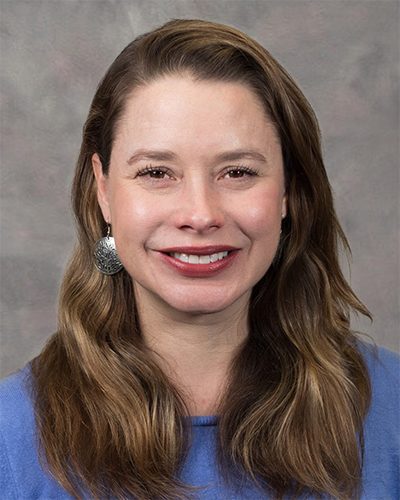Marcia Hale

Ph.D. Assistant Professor, Director of Graduate Studies
Peace and Conflict Studies
Email Address: mrhale@uncg.edu
Bio & Education
Marcia Rosalie Hale is an Assistant Professor and Graduate Director in the Department of Peace and Conflict Studies, bringing a love of research, teaching and practice to this position. Marcia is concerned with how we relate to each other, as well as how we relate to the land, to the water, to the air, and to their other inhabitants. She seeks to understand complex systems and to support positive peace by addressing injustice and social brutalities, informed by the wisdom: No justice, no peace. Marcia’s research centers around the role that cities can play in global human security.
She loves to learn, practice and teach processes of conflict transformation, among them, nonviolent communication, mediation, mindfulness, facilitation, circle processes, active and reflective listening, silence, affirmations and praise poetry.
Courses Taught
- PCS 600: Fundamentals of Conflict Transformation and Peace Studies
- PCS 605: Skills and Techniques of Conflict Management
- PCS 608: Conflict Transformation at the Food-Water Nexus
- PCS 309: ulture and Conflict
- PCS 311: Conflict Research
- PCS 315: Conflict Transformation
Other classes taught:
- Leadership in Water Management
- Planning with Minority Communities
- Critical Race Theory
- Community Scholars Program: Green Industries – Green Jobs
Research
Research interests include:
- Social conflicts
- Social justice
- Environmental conflicts
- Environmental justice
- Global environment change
- Urban water systems
- Transboundary water conflicts
- Migration
- Cosmopolitanism and polyculturalism
- Conflict Transformation – theory and practice
current projects
Dr. Hale focuses her work at the intersection of social and environmental conflict. She is especially concerned with associated social brutalities, including racist and patriarchal oppression. Her current research explores environmental change, global social justice and humanistic approaches, with the goal of identifying systems and practices that can serve to mitigate and mediate conflict in cities and other locales. These dynamics are currently being investigated through three research projects including environmental justice issues in North Carolina; urban policy around food, land and water justice in Cape Town, South Africa; and dynamics of cosmopolitanism, polyculturalism and social justice in Barcelona, Spain.
selected publications
- Hale, M.R. (in progress) Trauma-informed urban planning
- Hale, M.R. (forthcoming, 2020). Transitioning toward just sustainabilities in urban water systems: The case of Athens, Greece. In J. Agyeman, P. Godfrey, and M. Buchanan (Eds.), Global [Im]-Possibilities: The Paradoxes of policies, plans and practices for just sustainabilities. London, UK: Zed Books
- Hale, M.R. (2019, April). “Fountains for environmental justice: Public water, homelessness and migration in the face of global environmental change.” Environmental Justice, 12(2), 33-40
- Hale, M.R. & Pincetl, S. (2019, Jan). “Peering through frames at conflict and change: Transition in the Los Angeles urban water system.” Journal of Transdisciplinary Peace Praxis, 1(1)
- Killion, A. K., K. Sterle, E. Bondank, J. Drabik, A. Bera, S. Alian, K. Goodrich, M. Hale, R. A. Myer, Q. Phung, A. M. Shew and A. W. Thayer. (2018). The Future of Sustainability Research: Challenges and Opportunities in Training Interdisciplinary Researchers. Ecology and Society, 23(4):39
- Hale, M.R. (2017). “#J18 Reflection and Notes from Skid Row.” Teach, Organize, Resist. Institute on Inequality and Democracy at UCLA Luskin School. 66-70
- Hale, M.R. (2016, Jan). “Environmental Security & Turkey’s Power in the Mid East.” Rumi Forum
- Hale, M.R. (2014). “The re-urbanization of Çatalhöyük.” Critical Planning Journal, 21, 55-62
- Hale, M.R. (2014, December). “Community organizing: resource provision or transformation? A review of the literature.” Global Journal of Community Psychology Practice, 5(2)